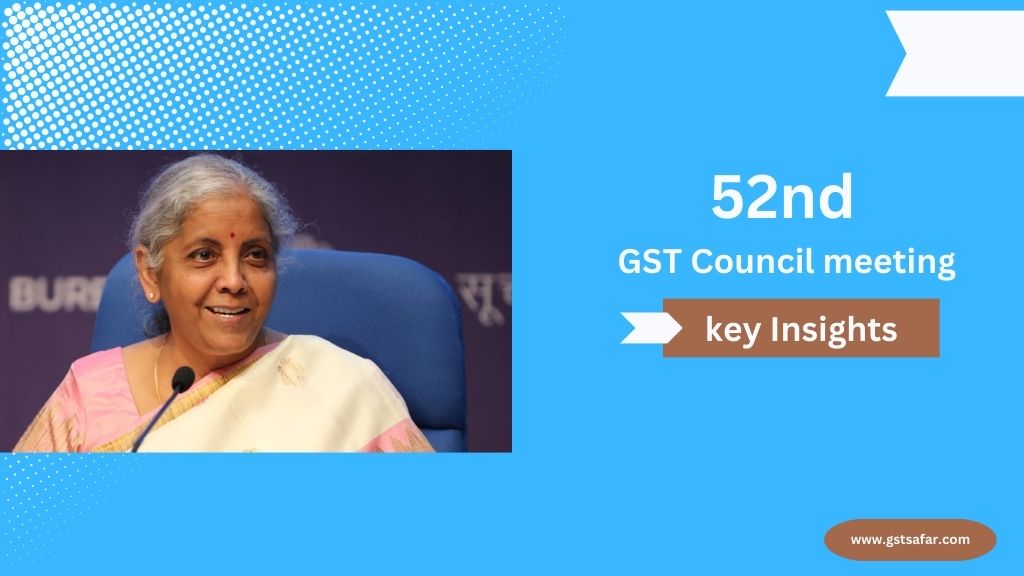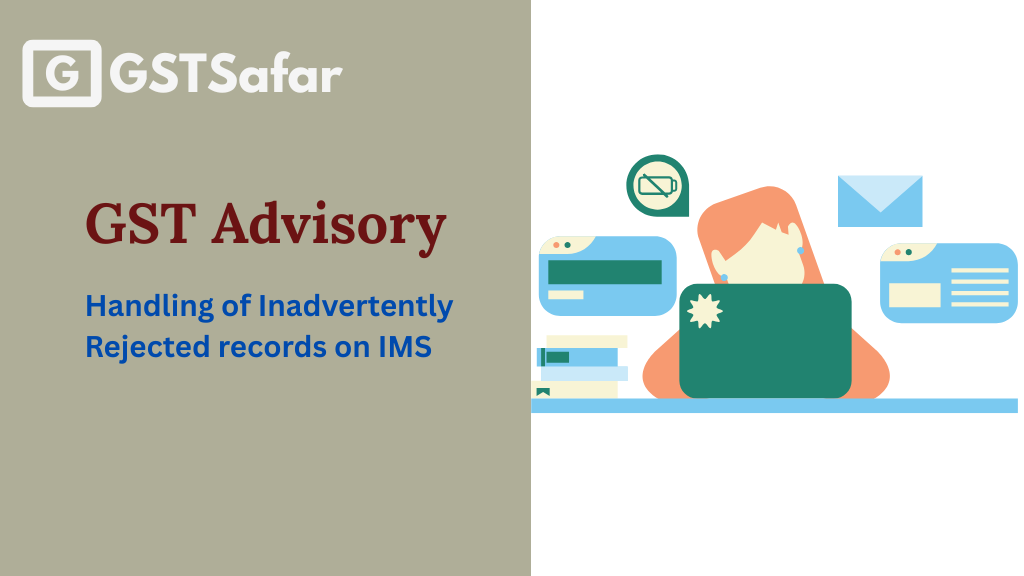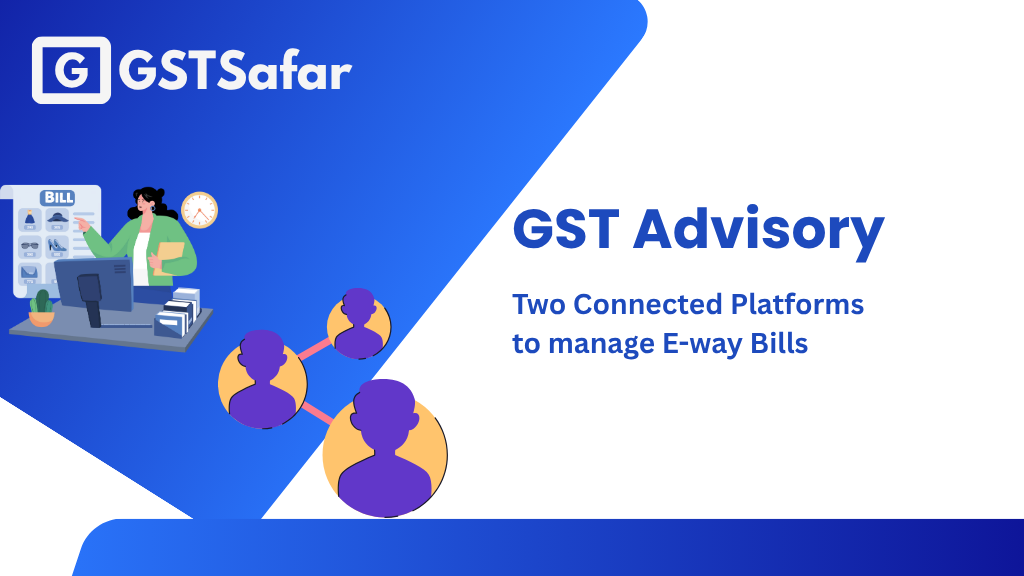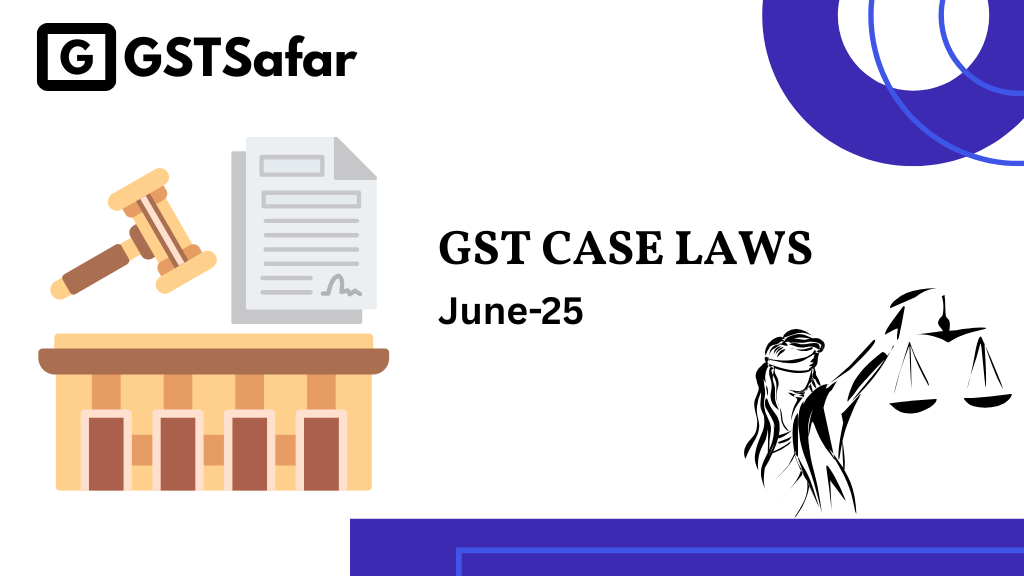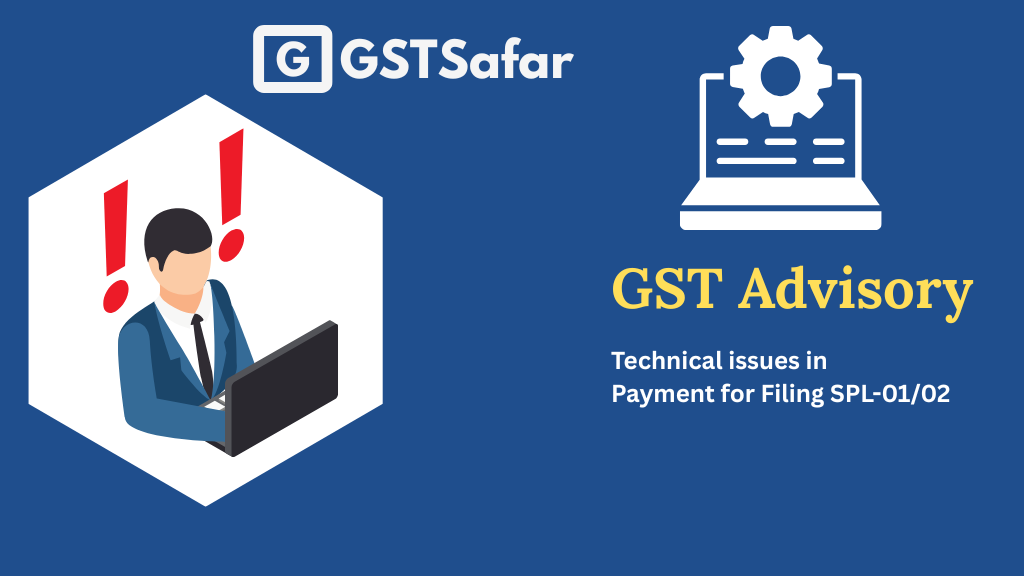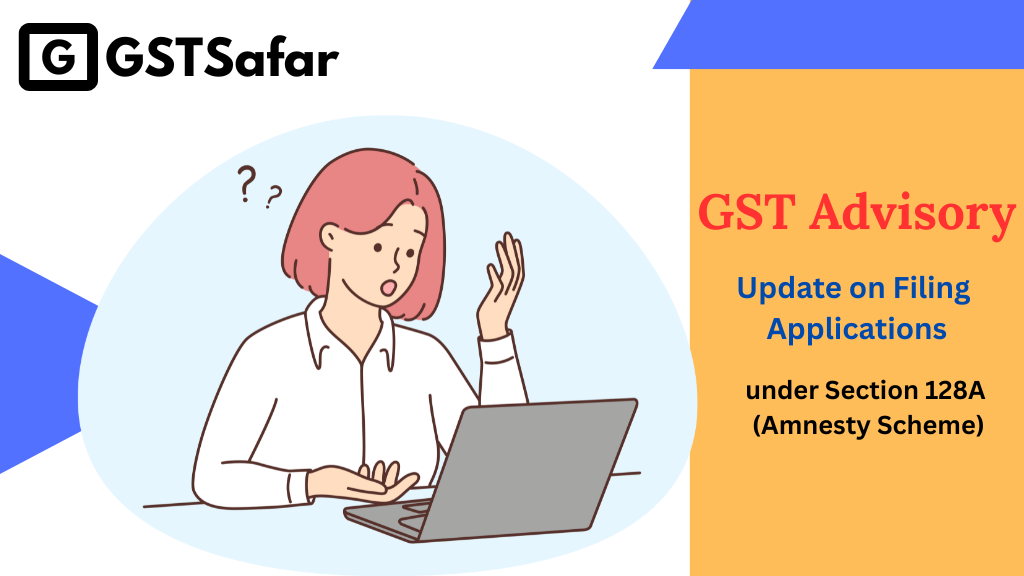This article covers all recommendations of the 52nd GST Council Meeting 2023, held on October 7, 2023, in New Delhi. The GST Council Meeting has met 52 times since its constitution, and many important decisions were taken in this 52nd GST Council meeting. The last GST council meeting was held in New Delhi on August 2, 2023. This 52nd GST Council met under the chairmanship of Union Minister for Finance and Corporate Affairs, Smt. Nirmala Sitharaman, in New Delhi. The meeting was also attended by Union Minister of State for Finance Shri Pankaj Chaudhary, Chief Ministers of Goa and Meghalaya holding finance portfolios, Finance Ministers of States and UTs (with legislature), and senior officers of the Ministry of Finance and States and UTs.
Table of Contents
Toggle1. Proposed change in GST rates for certain Goods
In this 52nd GST Council Meeting, the following changes in GST rates were proposed in the 52 GST Council meeting:
| Product Description | HS | Form of Sale | Proposed GST Rates | Remarks |
| Food preparation of millet flour in powder form (containing at least 70% Millet) | 1901 | Other than pre-packaged & labeled | 0% | Note-1 |
| Food preparation of millet flour in powder form (containing at least 70% Millet) | 1901 | Pre-packaged & labeled | 5% | Note-1 |
| Imitation Zari Thread/Yarn | 5605 | Made from metallized polyester film/plastic film | 5% | Note-2 |
Note 1: So, if you sell food preparations made from millet flour in powder form with at least 70% millets by weight under HS 1901, you will be subject to different GST rates depending on whether you sell it in pre-packaged and labeled form (5%) or other than pre-packaged and labeled form (0%).
Note-2: In simple terms, if you have imitation Zari thread or yarn made from metallized polyester film or plastic film falling under HS 5605, it is subject to a 5% GST rate. However, no refund will be allowed on the metallized polyester film or plastic film used in making this zari thread or yarn due to inversion. For other types of zari thread or yarn, different rules may apply.
Foreign-going vessels
Foreign-going vessels flying foreign flags are required to pay 5% IGST on the value of the vessel when they convert to coastal runs. However, the GST Council recommends a conditional IGST exemption for such vessels, but this exemption is subject to the condition that the vessel must be reconverted to a foreign-going vessel within six months.
2. GST rate recommendations related to Goods
In this 52nd GST Council Meeting, GST Rate on Molasses Slashed as under
| Sr No | Description of Goods | Current GST Rate | Proposed GST Rate | Notes |
| 1 | Molasses | 28% | 5% | Note -1 |
By reducing the GST on molasses from 28% to 5%, it makes molasses cheaper for businesses. Sugar mills will have more money available, which they can use to pay sugarcane farmers more quickly. It also lowers the cost of making cattle feed because molasses is a key ingredient in cattle feed production
Extra Neutral Alcohol (ENA) used for manufacture of alcoholic liquor will not be subject to GST
This 52nd GST Council Meeting has decided that extra-neutral alcohol (ENA) used to make alcoholic liquor for human consumption will not be subject to GST. This means that the manufacturers of alcoholic liquor will not have to pay GST on ENA, which will reduce their costs and ultimately benefit consumers.
The Law Committee will now examine how to amend the law to exclude ENA used for the manufacture of alcoholic liquors for human consumption from the ambit of GST.
Analysis:
This has been recommended In line with the Hon’ble Allahabad High Court judgment in the case of Jain Distillery Private Limited and Others v. State of UP and Others [WRIT TAX No. 378 of 2021 dated September 28, 2021].
HS Code at 8 Digit Level to cover rectified spirit for industrial use
A separate tariff HS code has been created at 8 digit level in the Customs Tariff Act to cover rectified spirit for industrial use. The GST rate notification will be amended to create an entry for ENA for industrial use attracting 18% GST
3. Proposed change in GST rates for certain Services|52nd GST Council Meeting
I) GST Exemption shall be retained on Pure services to Government
Sr No. 3 of Notification 12/2017 Central Tax dated June 28, 2017 Exempts pure services provided to central, state, and UT governments and local authorities for functions entrusted to Panchayat under Article 243G of constitution and any function entrusted to Municipality under article 243W of constitution
In this 52nd GST Council Meeting, it has been decided to retain this exemption
II) GST Exemption shall be retained on composite services to Government
Sr No. 3A of Notification 12/2017 Central Tax dated June 28, 2017 exempts composite (goods not more than 25%) supply service to central, state, and UT governments and local authorities for functions entrusted to Panchayat under Article 243G of constitution and any function entrusted to Municipality under article 243W of constitution
In this 52nd GST Council Meeting, it has been decided to retain this exemption
III) Few more important services are exempt if provided to Government
In this 52nd GST Council Meeting, it has been recommended to exempt the following services provided to government authorities:
- Water supply
- Public Health
- Sanitation Conservancy
- Solid Waste Management
- Slum Improvement/Upgradation
4. Job work for processing barely into malt attracts only 5% GST. Clarification
In this 52nd GST Council Meeting, it is recommended to give clarification that job work services for processing barley into malt are classified under the category of “job work in relation to food and food products, and the GST rate applicable to this service is 5%, not 18%.
5. GST Council Relieves Bus Operators organized as Companies from Reverse Charge Mechanism
“GST Change for Bus Transportation Services via Electronic Commerce Operators (ECOs): A Balanced Approach for Small and Large Operators”
Before January 1, 2022
Small bus operators who used ECOs to offer their services had to pay GST on their services
Even if they owned just one or two buses, they were required to register for GST and follow all the GST rules, which could be complex and burdensome for them.
After January 1, 2022
A change was made in the GST law (section 9(5) of the CGST Act, 2017), shifting the responsibility to pay GST from the small bus operators to the ECOs.
ECOs became responsible for collecting and remitting the GST on behalf of these small bus operators.
This change aimed to make things simpler for the small operators who didn’t have to deal with GST compliance anymore.
Now, the new recommendation by the GST Council:
In this 52nd GST Council Meeting it is recognized that there are both small bus operators and larger, more organized bus companies.
To strike a balance, they recommended that the larger, organized bus companies (those structured as companies) should not fall under this new rule (section 9(5)). Instead, they can continue to pay GST on their services using their input tax credit (ITC).
This change benefits the larger companies by allowing them to use the ITC to offset their GST liability, which makes their operations more cost-effective
Example:
Let’s say there are two bus operators:
A small bus operator who owns only one bus and uses an ECO to find passengers and manage bookings
A larger bus company that owns multiple buses and is structured as a company
Under the new recommendation, the small bus operator will not have to worry about GST compliance anymore because the ECO will handle it.
The larger bus company can continue paying GST as they did before, but they can use their input tax credit to reduce their GST liability.
This change helps both small and large bus operators by simplifying GST compliance for the small ones and allowing the larger ones to optimize their tax payments.
6. Extended Deadline for GST Appeal Filings with pre-deposit @12.5%
Amnesty Scheme for filling appeals
The government has recommended a special procedure, called an “amnesty scheme,” under section 148 of the CGST Act, 2017
This scheme is for taxpayers who, for various reasons, couldn’t file an appeal under Section 107 of the same Act.
The appeals they missed were related to demand orders issued under section 73 or 74 of the CGST Act, 2017, and these demand orders were passed on or before March 31, 2023
Some taxpayers might have had their appeals rejected because they filed them late, and this scheme is also for them.
How does the scheme work?
Under this scheme, taxpayers who missed their appeal deadlines can file their appeals until January 31, 2024.
However, there is a condition. They must make a pre-deposit payment of 12.5% of the disputed tax amount. (in normal case, it is 10%, but for this scheme, it is 12.5%)
Out of this 12.5%, at least 20% (which is 2.5% of the disputed tax amount) should be paid from their electronic cash ledger. The rest can be paid through other eligible methods.
Let’s understand with an example:
Let’s say a taxpayer received a demand order from the tax authorities, asking them to pay ₹100,000 in taxes based on some GST-related issue. However, the taxpayer missed the deadline to file an appeal.
Under the amnesty scheme:
The taxpayer can now file an appeal against the demand order until January 31, 2024.
To do this, they need to make a pre-deposit payment of 12.5% of the disputed tax amount, which is ₹12,500 (12.5% of ₹100,000).
Out of this ₹12,500, at least ₹2,500 (20% of ₹12,500) should be paid from their electronic cash ledger.
Once they make this payment and file the appeal, their case will be reconsidered by the tax authorities.
This amnesty scheme is designed to help taxpayers who missed their appeal deadlines in the past and provide them with an opportunity to address their tax issues within the specified time frame and with the required pre-deposit.
7. Director’s Personal Guarantees for company not taxable in GST-clarification
Proposed Clarifications and Recommendations on Personal Guarantees by Directors In this 52nd GST Council Meeting
Clarifications regarding the taxability of personal guarantees offered by directors to the bank against the credit limits or loans sanctioned to the company: the open market value of the said transaction/ supply may be treated as zero, and hence, no tax is to be payable in respect of such a supply of services.
8. Corporate guarantee between related persons—New valuation rule 28(2) in GST
A new sub-rule (2) in rule 28 of CGST rules, 2017 shall be inserted for valuation of corporate guarantee between two related persons
As per this new rule, value will be 1% of the guarantee offered or the actual consideration, whichever is higher
Circular also in this regard will be issue dafter insertion of above new rule
This new rule will be applicable irrespective of whether full ITC is available to the recipient of services or not
This new rule and circular will include corporate guarantees provided by a holding company to its subsidiary company.
9. Automatic restoration of provisionally attached property in GST without written order from commissioner
In this 52nd GST Council Meeting it is Proposed to give Clarification on Automatic Restoration of Provisionally Attached Property Under GST:
Rule 159(2) states that the procedure when the Commissioner decides to seize or freeze someone’s property, including bank accounts, due to tax-related issues under GST law
The Commissioner issues an official order (FORM GST DRC-22) detailing the attached property. A copy of this order is sent to relevant authorities to restrict the use of the property until further instructions from the Commissioner.
The encumbrances on the property can only be removed with the Commissioner’s written approval. Additionally, the person whose property is being seized is notified of this action
The GST Council has recommended changing the rules to make the process simpler and more time-bound.
Under the proposed change, any provisional attachment order issued in FORM GST DRC-22 will automatically expire after one year from the date of that order.
This means that if your property was provisionally attached due to a tax issue, that attachment will automatically end after one year without needing a separate written order from the Commissioner.
Simply we can say that currently, tax authorities can temporarily hold your property if they suspect a tax problem. But under the proposed change, this temporary hold will automatically be removed after one year, without needing additional paperwork. It simplifies the process and ensures that the attachment doesn’t continue indefinitely.
10. Clarification on related to Place of supply in GST for certain issues
In this 52nd GST Council Meeting it is recommended to issue a Circular to clarify the place of supply in respect of the following supply of services:
- Supply of service of transportation of goods, including by mail or courier, in cases where the location of supplier or the location of recipient of services is outside India;
- Supply of advertising services;
- Supply of the co-location services
11. Remittances received in Special INR Vostro account qualify as export of services in GST-clarification
Export remittances refer to the money a business receives when it supplies its services to customers in other countries.
A “Special INR Vostro account” is a type of bank account allowed by the Reserve Bank of India (RBI). It’s used to handle foreign currency transactions.
The GST Act has rules to determine whether a service provided by a business can be considered an “export of services.”
The GST Council wants to clarify that when a business receives export remittances in a Special INR Vostro account (as allowed by the RBI), it should still be considered an export of services for GST purposes.
In essence, this clarification ensures that businesses receiving money in this specific type of account can still benefit from certain GST rules related to exporting services, which can have implications for tax treatment.
12. IGST refund for supplies to SEZ on payment of IGST for authorized operations
Notification 01/2023 IGST dated 31.07.2023 was issued.
This notification says that goods or services other than goods in nature of Pan or masala etc allowed for export on payment of IGST and refund can be claimed
Now as per the recommendation of this 52nd GST Council Meeting, this notification will be amended and as per the amended notification, supply to SEZ unit/developer on payment of IGST for authorized operation also will be permitted and refund also will be permitted. However supply of pana masala, tobacco etc will not be permitted.
13. Alignment of CGST Act with Tribunal Reforms Act for appointment of President and Member of Appellate Tribunal
The GST Council has recommended some changes to align the provisions of the CGST (Central Goods and Services Tax) Act, 2017 with the Tribunal Reforms Act, 2021 regarding the appointment of Presidents and Members to the proposed GST Appellate Tribunals. Here’s a summary in simple terms:
VI) Eligibility for Judicial Members:
This 52nd GST Council Meeting has recommended change states that a judicial member (a member with expertise in legal matters) should be an advocate with at least ten years of experience.
This experience should involve dealing with legal cases related to indirect taxes, such as GST, in different tribunals, High Courts, or the Supreme Court.
Minimum Age Requirement:
To be eligible for the position of President (the head) or Member (a member) in the GST Appellate Tribunals, a person should be at least 50 years old.
Age Limit for Tenure:
Presidents can serve in their role until they reach a maximum age of 70 years
Members can serve in their role until they reach a maximum age of 67 years
These changes aim to ensure that experienced legal professionals with a background in indirect tax laws can serve as judicial members in the GST Appellate Tribunals. The age requirements for Presidents and Members are set to provide a balance of experience and longevity in their roles
- Proposed amendment related to ISD (Input service distributor)
Current Situation:
Under the existing GST law (CGST Act, 2017), Input Service Distributors (ISDs) are entities that distribute Input Tax Credit (ITC) to different branches of a business
If the Head Office (HO) of a company procures certain services from a third-party vendor, but these services are used by both the HO and its Branch Offices (BOs), or exclusively by one or more BOs, the HO can distribute the ITC to the BOs.
14. ISD in GST may be made mandatory prospectively
This 52nd GST Council Meeting has recommended making a change in how this works, but it will apply only going forward (prospectively).
This change would make it mandatory for the HO to follow the ISD procedure when distributing ITC for input services that it procures from a third party but are used by both the HO and BOs or only by BOs.
The recommended amendment affects Section 2(61) and Section 20 of the CGST Act, 2017, as well as Rule 39 of the CGST Rules, 2017.
In Simple Terms:
Imagine you have a head office and several Branch Offices. Currently, if your Head Office buys services that are used by both the Head Office and the Branch Offices, or exclusively by the Branch Offices, it has the option to distribute the tax credit to the Branch Offices.
The change being recommended makes it mandatory for the Head Office to follow the ISD procedure for such services going forward. This ensures a standardized way of distributing tax credits for services used by both the Head Office and Branch Offices or exclusively by the Branch Offices.
FAQs
Has there been any change in GST rates for the job work related to processing barley into malt?
No, there hasn’t been a change in the rates. However, a clarification has been issued that job work services for processing barley into malt fall under the category of “job work in relation to food and food products,” and the applicable GST rate for this service is 5%, not 18%.
How has the GST responsibility for bus operators using ECOs been altered since January 1, 2022?
Since January 1, 2022, small bus operators using ECOs are no longer directly responsible for GST payments; the ECOs handle it instead. However, larger bus companies structured as companies will not fall under this new provision and can continue to pay GST using their input tax credit (ITC).
What is the Amnesty Scheme in relation to GST Appeal filings?
The Amnesty Scheme allows taxpayers who missed their appeal deadlines (related to demand orders issued under section 73 or 74 of the CGST Act, 2017) to file their appeals by January 31, 2024. However, a pre-deposit of 12.5% of the disputed tax amount is required, of which at least 20% (2.5% of the disputed tax amount) should be from their electronic cash ledger.
How will the personal guarantees provided by directors for their company be taxed under GST?
Personal guarantees offered by directors against credit limits or loans for the company are clarified to have an open market value of zero. This means no GST is payable for such supply of services.
What’s the new rule regarding the valuation of corporate guarantees between two related persons?
A new sub-rule (2) will be inserted in rule 28 of CGST rules, 2017 for this. The value will be 1% of the guarantee offered or the actual consideration, whichever is higher. This applies even if the recipient of services has full ITC and also covers corporate guarantees provided by a holding company to its subsidiary.
Read similar article
